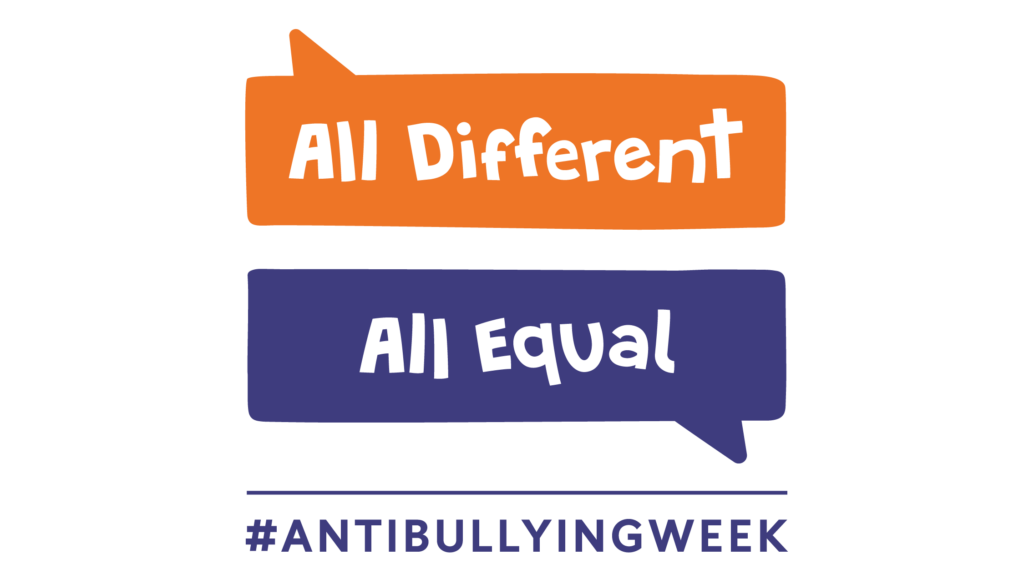
 Martha Evans, National Coordinator of Anti-Bullying Week 13-17 November, shares some ways for schools to get involved this year.
Martha Evans, National Coordinator of Anti-Bullying Week 13-17 November, shares some ways for schools to get involved this year.
It has been fifteen years since we first started running Anti-Bullying Week is schools across England. With this year’s Anti-Bullying Week coming up in November we have been looking to make sure that it is as fresh an interesting as possible.
Anti-Bullying Week is a great opportunity as a school to talk about bullying and review your practices. But it is vital students are also involved and heard throughout your Anti-Bullying Week activities. We want schools to do the same. Some examples to get young people involved might be to let young people run your social media activity as a school, review your anti-bullying policy, organise a fundraising event together or review your school’s ethos/slogan.
This year we have chosen the theme ‘All different, All equal’ for Anti-Bullying Week 2017 because young people made it very clear during a consultation that they didn’t want people standing out as the ‘different ones’ and they wanted to celebrate that we are all different. If you want to ensure that difference is understood and experienced in ways that are positive for everyone, it’s important to:
1. Celebrate the differences in all pupils and staff
Help pupils with differences that are less common don’t feel especially different.
2. Ensure all members of staff feel comfortable and confident talking about all kinds of difference
Children will pick up on any member of staff who feels uncomfortable. Create opportunities for staff to explore their ideas and discuss their feelings about difference and diversity. For example, if you have a child in school who is trans, consider whether you have accessible training or information for the staff team.
3. Allow children to talk about things that they find different so that they can explore their ideas and attitudes
Using statements (such as “we are all equal”) without context and explanation can sometimes create the opposite effect and make people feel like they ‘stand out’ more.
4. Support pupils to define themselves and take the lead in their own lives
If a pupil has a disability, disfigurement or something that makes them appear ‘different’ to others, make sure you work with them to discuss what they want to share with others.
5. Ensure all pupils have a strong sense of all the things that make them who they are
Also, look for shared interests and commonalities that they share. It is important to enable and develop every child’s capacity to ask and be interested in class mates’ so that everyone can get to know everyone else as whole people and not labelled people.
6. Avoid talking to other students about a classmate’s difference, outside of the parameters they are happy with, even if they ask
If 3 and 4, above, are already well covered – then it will be quite straightforward to encourage a curious or doubtful youngster to get to know their classmate for themselves.
7. Some children may need help to develop ways to communicate information about themselves
For example, if someone communicates differently or finds it hard to express themselves.
8. At the same time, other children might need to learn how to communicate with a classmate who communicates in a different way or finds it hard to communicate
For example, the class/school may learn Makaton or British Sign Language.
We never want Anti-Bullying Week to scare particularly younger children. It’s an opportunity to celebrate good quality anti-bullying work in schools, share effective practice and acknowledge and talk about where we might be going wrong. We want it to be a positive week. That’s why this year we have introduced a new element to Anti-Bullying Week aimed at primary schools.
As part of Anti-Bullying Week, on the first day, (Monday 13th November) we will be asking schools across the country to hold an ‘Odd Socks Day for Anti-Bullying Week’. Aimed at early years and primary school children, the day encourages young children to wear odd socks for the day, celebrating their uniqueness.
Odd Socks Day is designed to be fun! It’s an opportunity for children to express themselves and appreciate individuality. There is no pressure on the children to wear the latest fashion or for parents to buy expensive costumes. All they have to do to take part is wear odd socks to school, it couldn’t be simpler!
Anti-Bullying Week is from Monday 13th – Friday 17th November 2017. Find out more about Anti-Bullying Week and Odd Socks Day for Anti-Bullying Week and have access to free resources to support bringing your Anti-Bullying Week to life.
Read more on the SSAT blog: How do we improve children’s mental health and wellbeing? Get them active!
